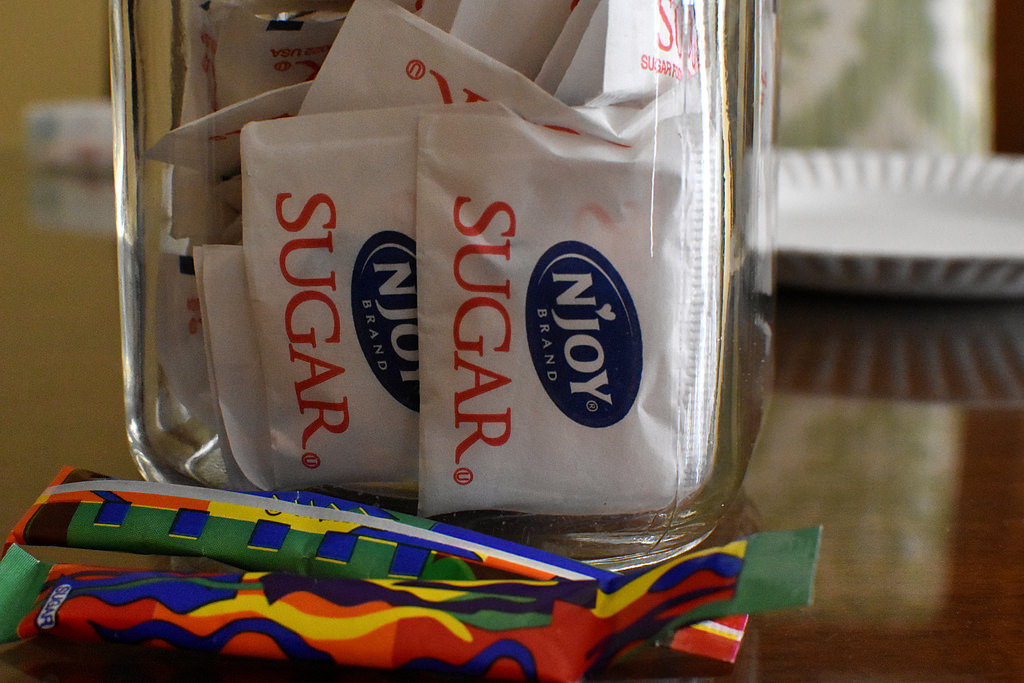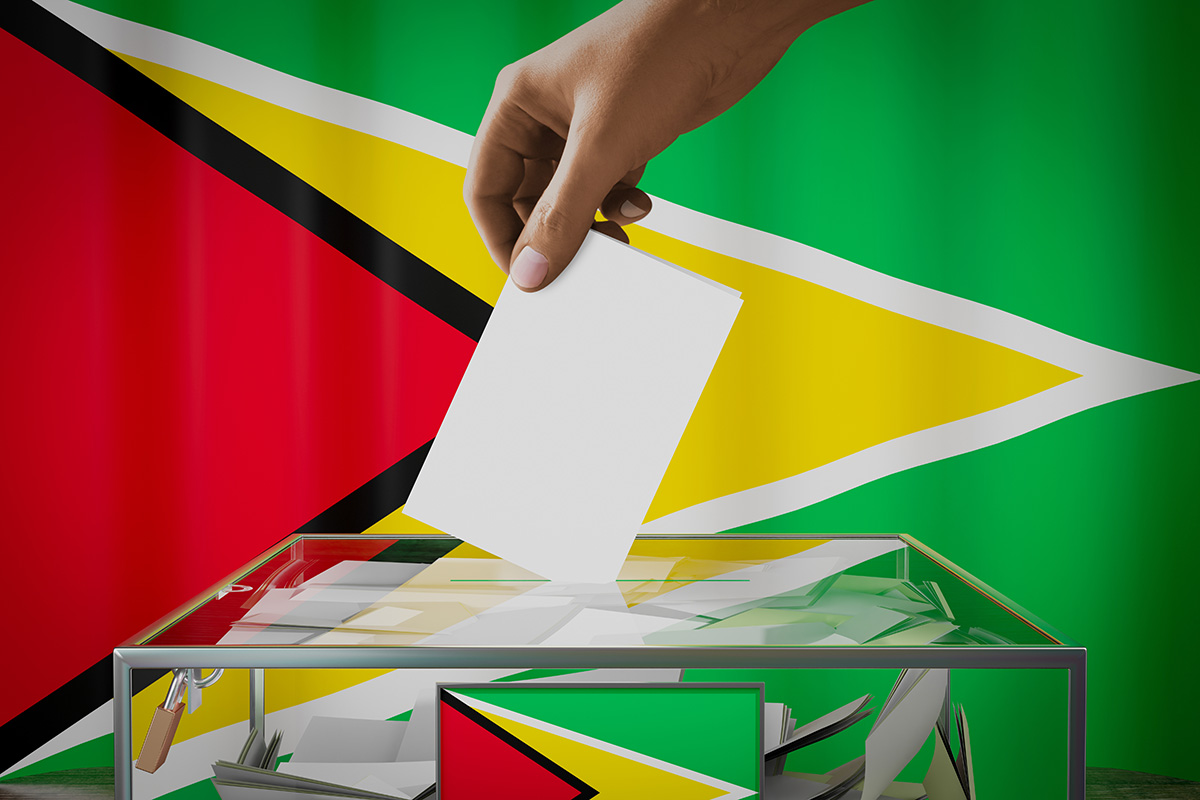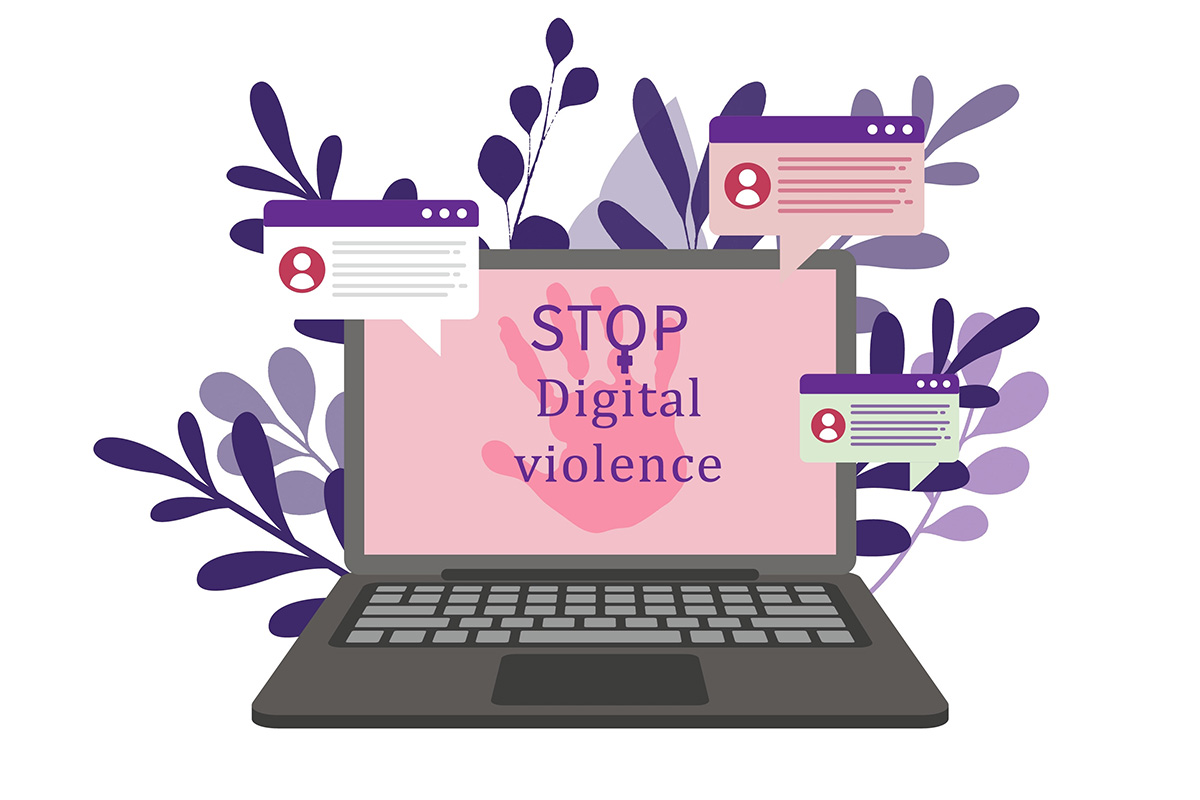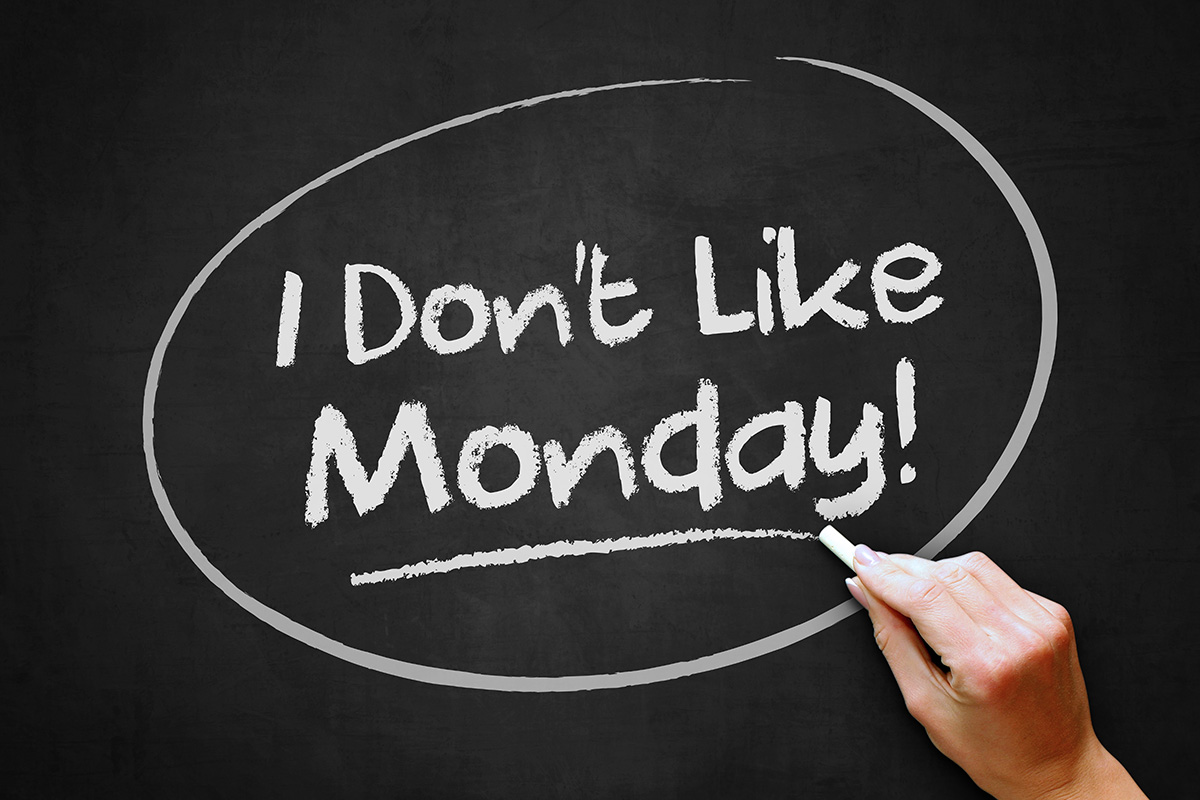“Sugar levy aims at childhood obesity”
June 23 A tax on sugar-loaded soft drinks is being advanced as a way to counter the rise in childhood obesity. Ruth Adeyi, 24, a Commonwealth Correspondent in the UK, looks at the reaction from health professionals and the soft drink industry.
A tax on sugar-loaded soft drinks is being advanced as a way to counter the rise in childhood obesity. Ruth Adeyi, 24, a Commonwealth Correspondent in the UK, looks at the reaction from health professionals and the soft drink industry.
In 2015 the sugar tax was debated in Britain’s House of Commons after an online petition gaining over 150,000 signatures called for the government to work on improving children’s health.
Experts suggested that a regular size soft drink could be taxed 7p generating over £1 billion.
Following the debate, the Conservative government declared that there would be a sugar tax of roughly 8p on soft drinks. Draft legislation was announced in December 2016, and an effective date of April 2018 has been set. Experts have suggested that the price of a two litre bottle of soft drink could rise by 48p and that a regular can would cost 8p more once the tax is introduced.
“The sugary drinks that will be affected by this tax have no nutritional benefit and often contain levels of sugar that are above a child’s daily recommended limit,” said Max Davie, assistant officer for health promotion for the Royal College of Paediatrics and Child Health.
“These drinks are a major contributor to the high sugar intakes of children, particularly teenagers, and we are in no doubt that they are, in part, contributing to this country’s obesity crisis.”
The Obesity Alliance, which is a partnership of over 30 health charities, is supporting the sugar tax. It states that the tax could help the government save on the future costs of rising childhood obesity by making it more expensive to purchase soft drinks. The Alliance argues that sugary soft drinks are currently the largest source of sugar for children, and that high sugar intake is driving a deadly obesity epidemic that costs the health service billions of pounds every year.
Even the prospect of the sugar levy could make a large impact. Tesco announced last year that it will be reformulating its beverages and cutting 5g per 100ml of sugar in all Tesco branded drinks. Tesco’s plan means Tesco branded drinks will fall under the proposed limits and not qualify to be charged the sugar levy. Campaigners hope companies throughout the soft drinks industry will take the same steps to reduce sugar content and associated levy.
Soft drink manufacturers have some concerns about the programme.
Gavin Partington, director general of the British Soft Drinks Association, said: “There is no evidence worldwide that taxes of this sort reduce obesity, and it is ironic that soft drinks are being singled out for tax when we’ve led the way in reducing sugar intake, down over 17 per cent since 2012. We’re also the only category to have set a 20 per cent calorie reduction target for 2020.”
In the fight against childhood obesity, Britain’s Department for Education is investing over £1.3bn into school breakfast clubs, free school meals, sport facilities and physical education classes. Estimates are that the sugar level will generate £415 million pounds to be used towards these initiatives.
photo credit: thatSandygirl Enjoy Sugar via photopin (license)
…………………………………………………………………………………………………………………
About me: My name is Ruth and I live in London. My main interest is the “International Drug Complex”. Using existing research on the failed “war on drugs”, I hope to draw awareness to how the international community and legal intervention in different countries is re-interpreting drugs, the drug market, and law enforcement.
My other interests include feminist theory, international trade and labour, climate change and environmental policy, and issues of social justice.
…………………………………………………………………………………………………………………
Opinions expressed in this article are those of the author and do not necessarily represent the views of the Commonwealth Youth Programme. Articles are published in a spirit of dialogue, respect and understanding. If you disagree, why not submit a response?
To learn more about becoming a Commonwealth Correspondent please visit: http://www.yourcommonwealth.org/submit-articles/




